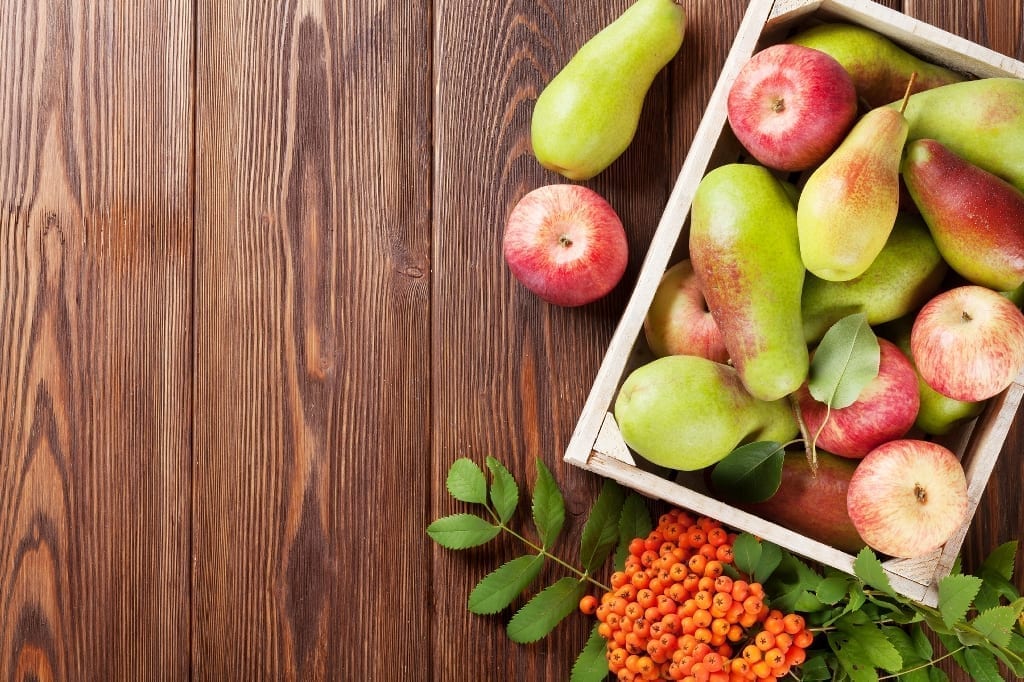All Produce is Not Created Equal When it Comes to Weight Management
While fruits and vegetables are part of a healthy, balanced diet, new research from the Harvard School of Public Health shows that certain produce may be superior when it comes to weight management.
The study, published in PLOS Medicine, examined the change in intake of specific fruits and vegetables and the change in weight of 133,468 men and women in the United States. Researchers tracked data from 1986 to 2010 at 4 year intervals, adjusting for lifestyle changes including smoking status and level of physical activity. The team hypothesized that the “consumption of fruits and vegetables with a higher fiber content or lower glycemic load would be more strongly associated with a healthy weight.”
They found that “increased consumption of fruits and non-starchy vegetables is inversely associated with weight change” – or, rather, they were right. Consuming large amounts of starchy vegetables like potatoes, peas and corn often went along with weight gain, while foods associated with better weight management tended to have lower glycemic loads, which lead to fewer blood sugar spikes, keeping the study subjects satiated longer.
Apples and pears were the board leader, with an average 1.24-pound lower weight gain associated with increased consumption. Berries were associated with a 1.11-pound lower gain, and (though not traditional produce) tofu and soy consumption were linked to a 2.47-pound lower gain.














